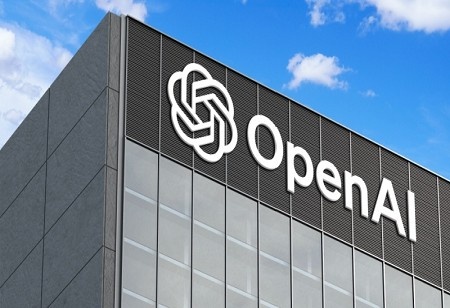 Magazine
Magazine

The artificial intelligence company OpenAI, maker of the popular chatbot ChatGPT, is opening its first official corporate office in New Delhi as it formally enters one of the fastest-growing technology markets in the world. This opens new opportunities in the company’s strategy for ambitious plans to have a formal presence in India, formally expand hiring in the country and build closer relationships across government, business, and the developer ecosystem.
OpenAI currently has one employee, Pragya Misra, the head of public policy and partnerships in India, but plans to grow its local team from its office in India as it builds out a local presence and harnesses the technology talent pool in the country, recognized as a more meaningful player in shaping the AI policy and value in shaping the future of AI.
The company has already talked about its support in the local market for the Indian government's $1.2 billion IndiaAI Mission that aims to create large and small language models relevant to local, regional, and cultural needs. This is aligned with OpenAI’s mission of AI in supporting native cultural, regulatory, and identified commercial opportunities that require strategies and policies by government and regulators across the languages spoken in India.
Also Read: VinFast Partners with SBI to Offer Easy Car Loans for EV Buyers
India has already become the company’s second biggest market for ChatGPT users, indicating the size of local demand. To improve availability of its services, OpenAI has recently launched a cheaper option priced under $5 per month, along with its free tier and premium subscription. The company has announced that they will also hold its first developer day in India later this year for the developer community.
While governments around the world are still working to develop AI regulations, OpenAI's deeper involvement in India will allow it to help influence early policy shaping. With a new office, increase in staff, and projects, the company is looking to establish itself in a market that will be very important to the future of artificial intelligence.
We use cookies to ensure you get the best experience on our website. Read more...